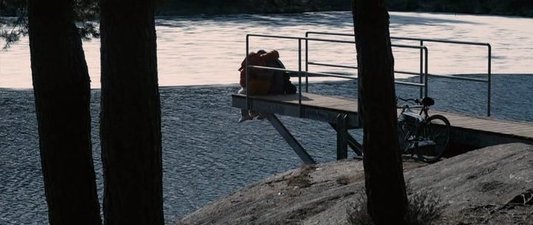 When I first saw Babak Najafi's Sebbe, I wasn't sure what to expect. I didn't know a thing about the filmmaker or really anyone involved, but nonetheless it knocked me squarely on my ass. It centers around a teenage boy, Sebastian, whom lives alone with his mother. It is established early on that Sebastian is a loner. He doesn't seem to have many friends and he spends most of his time by himself. Sebastian's mother has a dead end job, and as the film progresses it is established just how much she resents Sebastian for what she perceives as holding her back in life. This is a masterfully directed piece of filmmaking that has striking imagery while capturing all the small nuances of the characters The film never panders to the audience by over explaining aspects of Sebastian's life. It's a true character study of Sebastian, and as a viewer you can learn everything you need to know just by watching him. The mother character could have easily been this cliche character (i.e. Monique in Precious) but instead she is treated as a true human being; with lots of pitfalls but also is given some very genuine moments which remind you that she is human, and not some mythical evil monster. Aesthetically, this film reminded me quite a bit of Paranoid Park. Its beautifully shot, and really does a great job of getting you into Sebastian's mindset and feelings. This is a definitely a film that fits in the 'Teen Angst - High School" genre, though its really the best film of the genre that I have seen. Its just such an intimate portrait of a teenager and I highly anticipate whatever Babak Najafi does next. 9.25/10
0 Comments
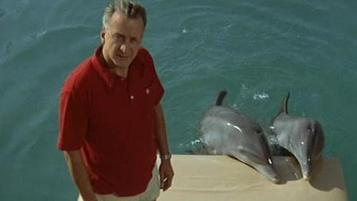 Dr. Jake Terrell is a researcher who, along with his wife Maggie, specializes in the study of aquatic life. Dr. Terrell's current research concerns the intelligence of Dolphins, which he believes have the capability to speak. Their research is funded by a major corporation but the Doctor likes to keep his findings close to the chest. When Dr. Jake Terrell succeeds in his hypothesis, their small research team begins to gain a lot of attention from both the corporation and outside influences. Mike Nichols' The Day of the Dolphin is a film that gets a bad wrap because of its questionable plausibility. Essentially this a film about dolphins who are used as pawns in a plot to kill the president of the United States. Obviously this is an outlandish concept but when you get past that fact, The Day of the Dolphin is a well-crafted thriller. The film opens with Dr. Jake Terrell sharing his latest research on Dolphins, oozing over their intelligence and the complexity of their brains. As his lecture continues, the film intercuts sequences showing the U.S government performing a battery of tests on these creatures. It is completely unclear as too what these tests are and whether they are for good or evil, but this simple yet well-crafted montage effectively sets up the power struggle which is a central theme of The Day of the Dolphin. Dr. Terrell's desire to keep his dolphins isolated from the rest of the world stems from his distrust in humanity. He fears what this type of knowledge could do to the world, often taking a very pessimistic point of view. I think this is a view the filmmakers share in that The Day of the Dolphin essentially showcases mankinds greed and power over all things. The reason this film worked so well for me is the romanticism which the film exudes for these dolphins. While it's clear early on that Dr. Terrell has a great deal of respect and passion for these creatures it's nice to see that the filmmakers seem to echo that sentiment. The film really shoots these creatures in a romantic sort of way, showcasing their beauty and intelligence. Sure the narrative of The Day of the Dolphin is a little silly but that shouldn't take away from the fact that the Mike Nichols - Buck Henry combo together with George C Scott's performance deliver a fun, well made thriller. 8/10 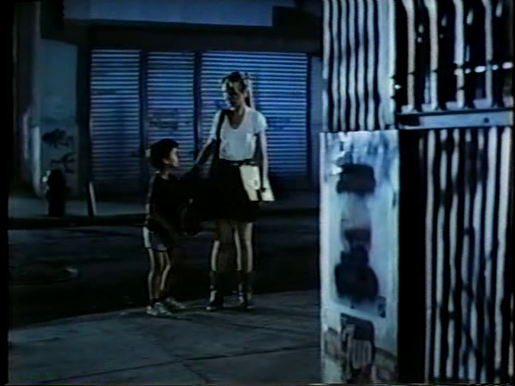 Nicole has the typical nine-to-five job where she slaves away in front of a computer all day. One afternoon two men approach Nicole to help them translate an old Chinese manuscript, in which she reluctantly accepts given the handsome amount of money. As Nicole beings to decipher the ancient transcript, stranger and stranger things begin to happen in her life which lack any explanation. Sara Driver's Sleepwalk is one of the strangest films I have seen in quite some time. The film is a hodgepodge of so many things that I really had a hard time understanding what Sara Driver was going for with Sleepwalk. The film is a fun, odd blend of cultural, with 80s New York mixed with a laughably flimsy East Asian mythology of sorts. This is a hard film to really pin down but my favorite aspect would be how well the film blends reality with fantasy. As Nicole translates the manuscript her life become stranger and stranger to the point that the viewer has really no idea what is real and what isn't. Near the end of the film the line between reality and fantasy is shattered, with the viewer only left to questioning the true outcome. In a way one could argue that Sleepwalk is one of the few films out there which attempts to blend surrealism and realism, at least in a unique and interesting way. While it's hard to tell, given the films limited availability, Sleepwalk is a gorgeously composed film with numerous compositions and lighting which evoke a sense of mystery, fantasy and suspense. It probably doesn't sound like it but Sleepwalk is also very funny from both what I suspect are intentional and unintentional moments. For example, Nicole's roommate, an illegal immigrant from China, provided a ton of laughs for me from her broken english to her suspect acting. Sleepwalk is one of those films that is able to rise above its faults, ultimately being a unique and fascinating blend of surrealism and realism though I'm still not sure what the point of it all was. I almost forgot! The film features very early screen roles from both Steve Buscemi and Tony Todd, making it worth seeing for that alone. 7/10 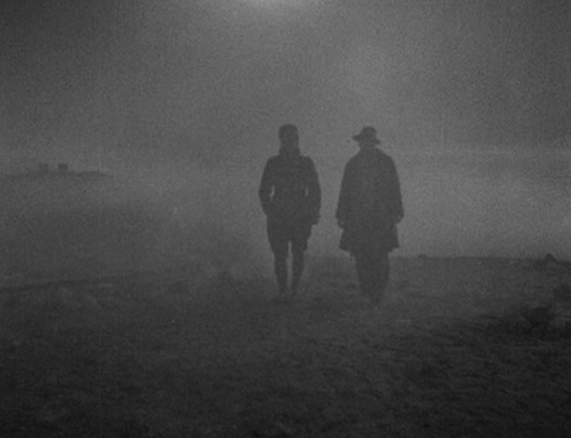 Jean, a deserter from the Colonial Army, hitches a ride into Le Havre looking for a place to hide until he can escape via ship to foreign lands. He ends up in a small isolated shack where he meets Nelly, a young woman whose tough life has forced her to grow up far too fast. Jean and Nelly begin to fall in love with each other but being that she is the object of lust for many men, Jean finds himself stuck between escaping to Venezuela and fighting for Nelly. Marcel Carne's Port of Shadows is a poetic love story that really succeeds at capturing the power of love in ways which many films only dream of. The strength of the film lies in the characters of Jean and Nanny. Each of these characters have lived extremely tough lives and because of this, they seem to have lost almost all hope in life. We routinely hear both of these characters talking about how rotten life and it's plastered all over their faces. It's love which ignites a spark in both of these characters, and while their time together proves to be limited, both Nelly and Jean are able to experience happiness, courtesy of love. Port of Shadows is a very simple film, in terms of narrative, and characters but Carne does a masterful job of not giving away too many details right off the bat. The film takes its time slowly revealing details about the character's past, giving the viewer more and more insight into why both Jean and Nelly specifically, are so damaged. The easiest example of this how it's unclear that Jean is in fact a deserter until more than halfway through the film. Marcel Carne's Port of Shadows is a film soaked in poetic realism that is very effective at showing the transitional quality which love can bring. 8.25/10 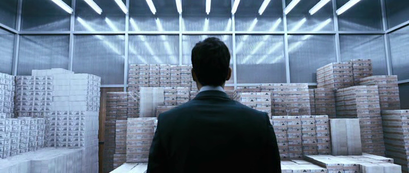 Residing in a mansion on the outskirts of Seoul lives one of the richest families in the world. By all appearances the home is run by the father of the household but looks can be deceiving, as his wife, Madame Baek is clearly in charge. Joo, a handsome young man, has recently been brought on to serve as Madame Baek's personal assistant, being introduced to the amount of power which money can buy including the immoral and frequently illegal activities which accompany this type of wealth. Joo is in a prime situation to become rich himself, given this position, but when an affair begins between the man of the household and one of the maids, the family begins to crumble under the weight of Madame Baek's power-hungry ways. Much like Im Sang-Soo's last film, The Housemaid, his latest effort, The Taste of Money, takes a pensive look into the upper class lifestyle and the dynamics which exist among its members. The film spends a lot of time showing this type of lifestyle to the viewer by capturing the type of greed and thirst for power which is entailed. This family is held together by money, and how they react when problems arise exposes just how dependent they are on pieces of paper. The Taste of Money has a very unique tone to it all, balancing a moody, darkly dramatic tone with an almost sleazy side of seduction which makes the whole film so gleefully delicious. While the submersion of the viewer into this world without monetary boundaries is necessary, Joo's character serves as the narrative through-line to the story. Joo is one of the only characters who truly grasps how fortunate it is to be wealthy serving as a character which the average viewer can relate too. It's through his point of view in which we see the corrupt practices of how this family operates with the assumption that money can get them out of any trouble. He himself begins to feel the allure of money and the power it brings, yet through a tragic series of events he realizes the error of his ways. Im Sang-Soo's The Taste of Money is a somewhat pensive, always delicious film that takes aim at the super-rich, and their seemingly ever dwindling morality. 8/10 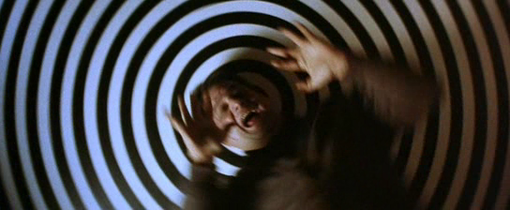 While there have been many films to use the movie-within-a-movie premise almost of all of them deal with the creative or filmmaking process. What makes Bigas Luna's Anguish unique, is that the movie-within-a-movie concept is used to showcase viewer interaction with a finished film. Anguish begins by introducing an elderly mother who hypnotizes her son, an optometrist, into conducting murderous acts. For each of his victims, the man cuts out their eyeballs, returning them to his mother so she can add to her collection. Soon after this intial set-up it is revealed that this is merely a film titled 'The Mommy" being watched by two teenage girls among other patrons. Bigas Luna's Anguish does a masterful job at blending these two realms, constantly playing with the viewer's perceptions of what is real and what is not. For example, In "The Mommy", the mother uses hypnotism to manipulate her son into doing what she wants. Similarly, Bigas Luna's uses a relentless barrage of disorientation tactics throughout Anguish in an attempt to manipulate the viewer. Frantic editing, extreme close-ups, etc. are all used to create this disorientating effect successfully placing the viewer into the movie in ways rarely seen. Going beyond the technical trickery, the narrative unfolds in a way which the "real" world and the film interact, with similar sequences in both realms happening in chronological sequence which creates a truly disorienting and somewhat confusing experience. Make no mistake this confusion is certainly intentional of Bigas Luna, who seems to want to submerge the viewer as much as possible. I believe with Anguish, Bigas Luna is commenting on the power of the imagination, showing how the mind can create this blur between reality and fiction. The film also clearly wants to dissect the whole Art imitating Life vs. Life imitating Art discussion and while it really doesn't have anything all that profound to say, it's certainly a unique and rewarding cinematic exercise. 8.5/10 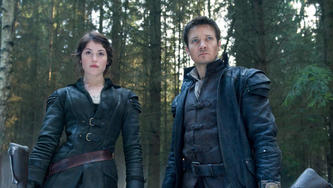 Hansel and Gretel: Witch Hunters is the latest film from Hollywood to take an age old fairy tale, repackage it, and attempt to cash in on the new spin of the tale. After a near death experience as children in which Hansel and Gretel destroyed a blood-thirsty witch, the siblings spend their entire lives as bounty hunters, intent on tracking down and destroying witches all over the world. Their constant hunting brings them to a small town which has seen a large contingent of its children snatched in the middle of the night. Hansel and Gretel believe it to be witches but when they realize the fabled 'Blood Moon" is approaching, the siblings encounter a witch more powerful than they ever have experienced. Tommy Wirkola's Hansel and Gretel: Witch Hunters is a surprisingly violent, cheese-fest that simply goes through the motions bringing almost nothing new to the table. The narrative is very standard stuff, with one big reveal, coming about 2/3rds of the way through the film, being utterly predictable. Going beyond the story, the technical aspects aren't much better with everything in Hansel and Gretel feeling very cartoonish, in which bad make-up and production design aid in making the whole film feel very cheap. Gemma Arterton is really the bright spot of the entire film, as almost every other actor, most notably Jeremy Renner, feels like they are simply sleepwalking through the film. To be fair, it's hard to blame him, but I did really appreciate Gemma's performance which brought a nice balance of swagger and timid-ness to the role. The film does have a lot of action and my favorite aspect of the film would have to be the creative bits revolving around the various spells the witches would use during combat. "The Hunger" spell was fun, and once again these fights were much more violent than I was expecting. Hansel and Gretel: Witch Hunters is a film that dances that line between bad and enjoyable dumb, essentially taking its place next to other similar films like Stephen Sommers' Van Helsing. 5/10  Aiming very much to offend and shock the viewer, Movie 43 is an aggressive compilation of short comedy sketches which contains one of the largest ensemble casts of Hollywood stars ever put on the screen. This is a compilation film that is structured around a psychotic gunman (Dennis Quaid) hellbent on selling one of his ideas to a studio exec (Greg Kinnear). As the man rattles off ridiculous idea after ridiculous idea to the studio exec, the viewer is shown these ideas in a variety of comedy sketches. Make no mistake, Movie 43 consists of very low-brow humor with one sketch completely centered around a man with balls dangling from his chin - just to give you an idea to what to expect. While the humor is certainly childish, it's still funny and Movie 43 does tend to be more intelligent, even if it's juvenile, than similar films like the Scary Movie franchise for example. As one would expect from any film like this, the quality of the comedy varies from short to short, with a few being downright awful. My favorite segments were probably the tampax and 'Society for fair treatment of children in machines' commercials. Movie 43 is big, dumb, and offensive, and while the quality of the laughs does vary, I would be lying if I didn't say I found the whole thing amusing. 6.25/10 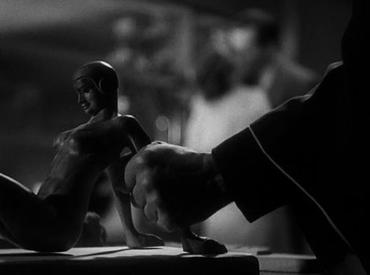 Make no mistake, the main appeal of Edgar G. Ulmer's The Black Cat is seeing Boris Karloff and Bela Lugosi share screen time together. The film doesn't give the viewer much early on, but the two men have an odd, yet engaging chemistry and both are a lot of fun to watch. There is a deep seeded hatred between these two men, and the film slowly builds this fact up, with the two actors being as odd and mysterious as ever. Edgar G. Ulmer's The Black Cat really uses mystery to it's advantage as the entire film builds and builds towards an inevitable conclusion of revenge. The ways in which Bela Lugosi and Boris Karloff play off of each other, subtlely giving the viewer a lot of insight is remarkable. There is a sequence where the two men sit down to play chess, a sequence that perfectly encapsulates the danger in which this young couple has ventured into - they are just two characters stuck in the middle of these two men's quiet aggression towards each other. There is a nice amount of atmosphere in this film and its pace slowly builds this mysterious energy and anticipation as Bela Lugosi's character even states' he is just waiting for the right time to strike. Ulmer's directions compliments the mood and atmosphere created by the two leads, with some well timed/executed camera movements and close-ups. The Black Cat won't blow your mind but it's an effective creepy slow burn that showcases two of the all time greats. 7.75/10 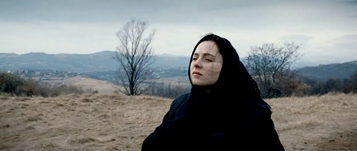 Alina and Voichita are two young woman who have supported and loved each other since first meeting as young children in an orphanage. Since leaving the orphanage, Voichita has found refuge in an isolated Orthodox convent in Romania where she lives her life as a nun. After spending a few years in Germany, Alina returns to Romania intent on getting Viochita to return with her. Voichita is not interested in leaving the convent, leaving Alina devastated and desperate to win back Voichita"s affection. Cristian Mungiu's Beyond the Hills is a beautifully crafted film which takes a pensive look into the relationship between free-will and faith. The character dynamic between Alina and Voichita is well-layered and fascinating, ultimately being the backbone of the entire film. Nothing is clearly defined but as the film progresses it becomes clear that Alina and Voichita's past is more than simply platonic friendship. Cristian Mungiu's viewpoint on religion is rather venomous in its depiction of Voichita, a woman whose come to realize she has had her free-will stripped away from her. For the most part it definitely works but for me the film's point shouldn't be simply about religion but how any collective can damage the individual. Voichita is a woman whose individual desires are all but extinguished completely because of the allegiance she has to her collective. We see many instances, some incredibly subtle, of how Voichita's heart and mind are not in a agreement particularly pertaining to Alina. I was not a fan of Cosmina Stratan's portrayal of Voichita - a performance that was far too cold and distant to gain much resonance. In all honestly a lot of the film success should be attributed to the craft with staging and compositions that really do a great job at creating this sense of dread and unease. Beyond the Hills is a film that argues how any collective can slowly destroy free-well and individualism, even groups whose intentions are for good. Cristian Mungiu's films are pretty clear in their intentions, with Beyond the Hills being no different, but I really want to see him tackle a subjet matter in which he doesn't have such a cut and dry opinion about. 7.75/10 |
AuthorLove of all things cinema brought me here. Archives
June 2023
|
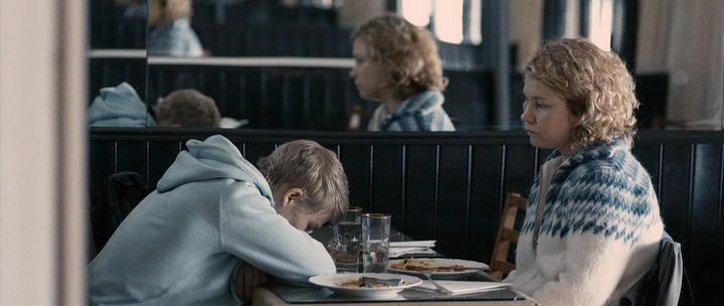
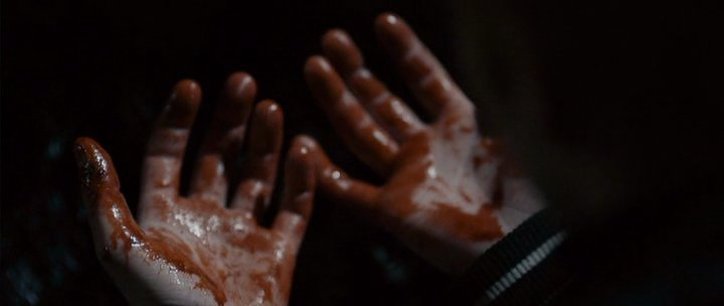
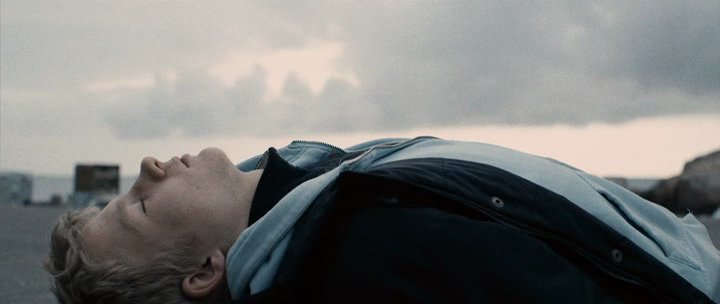
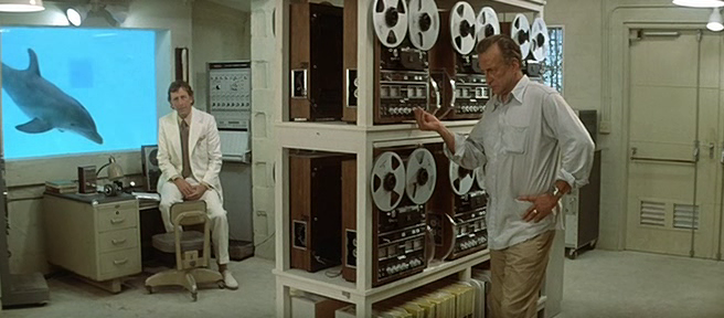
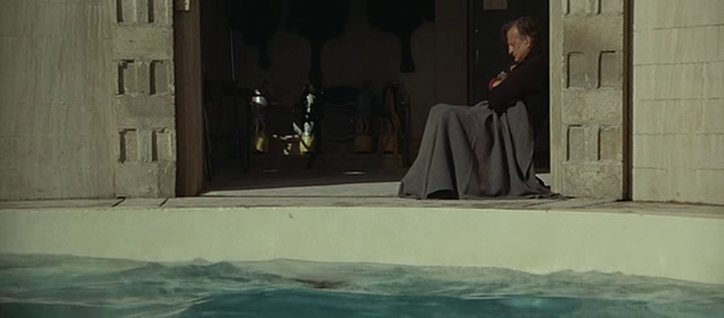
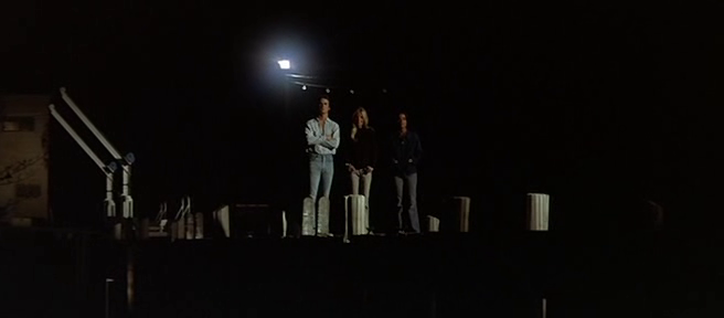
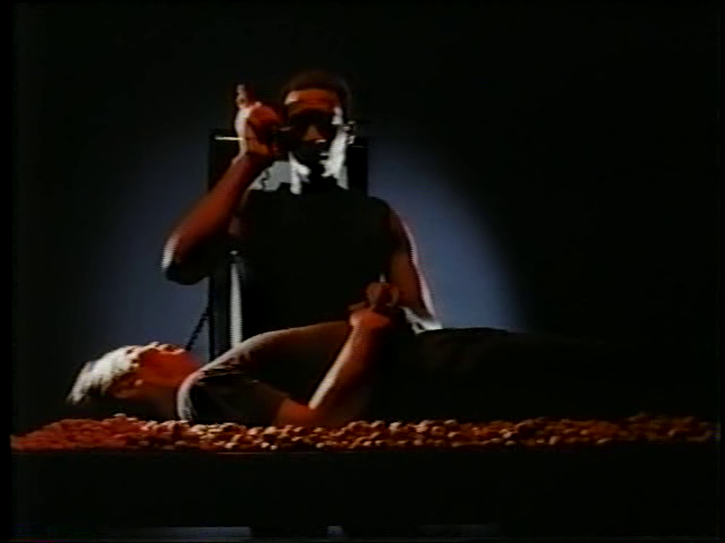
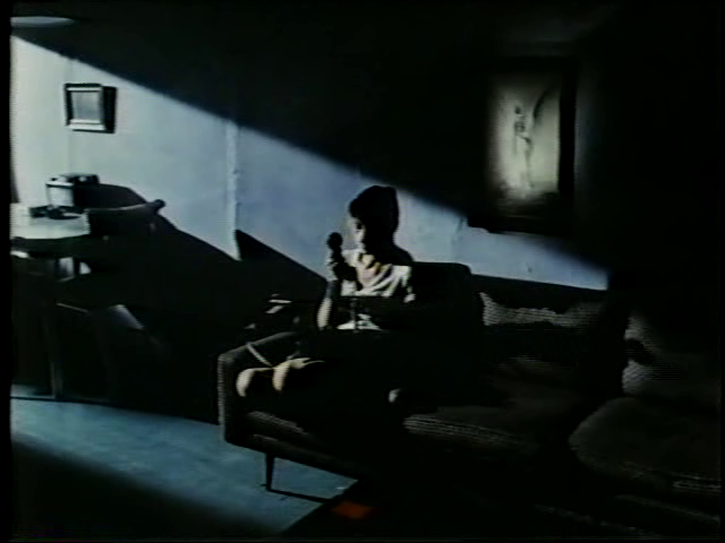
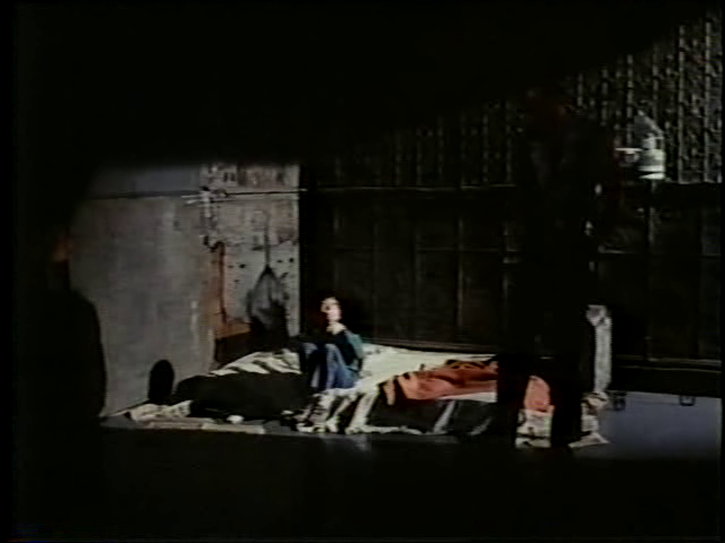
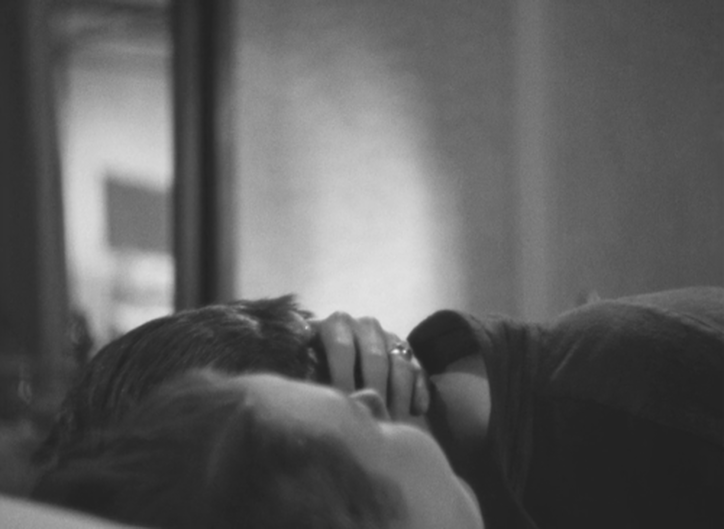
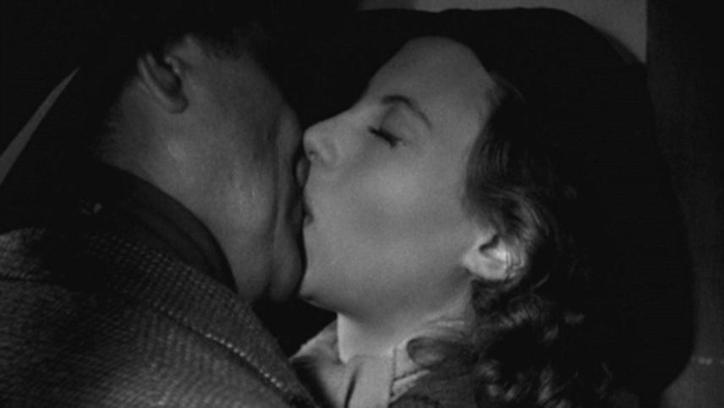
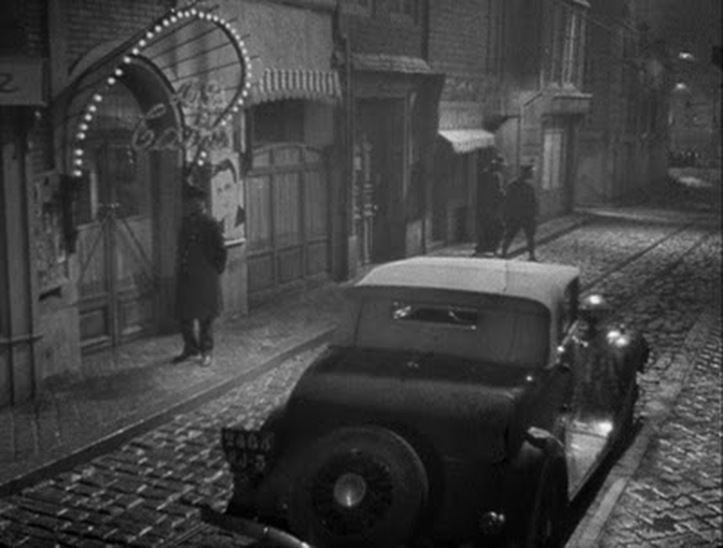
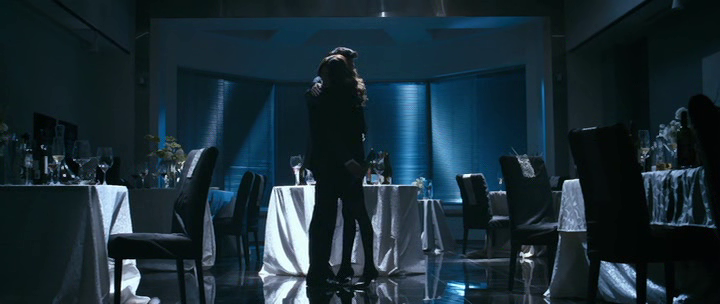
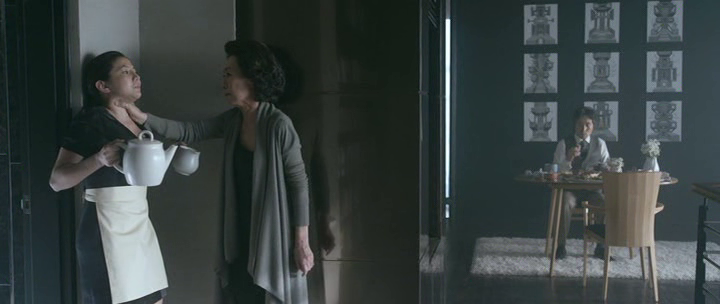
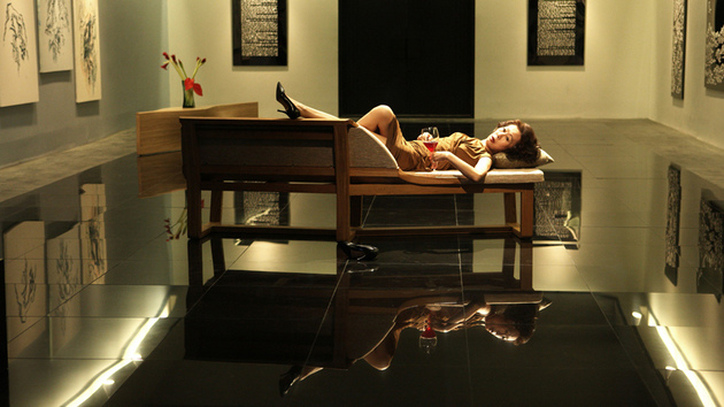
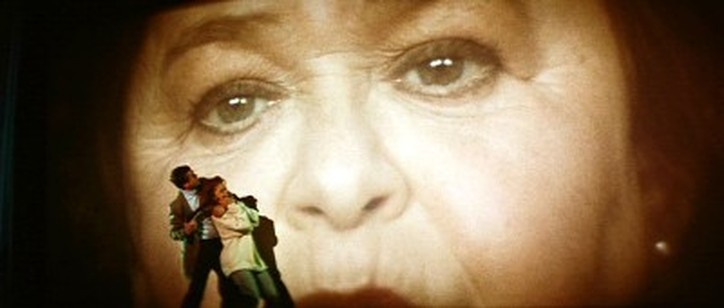
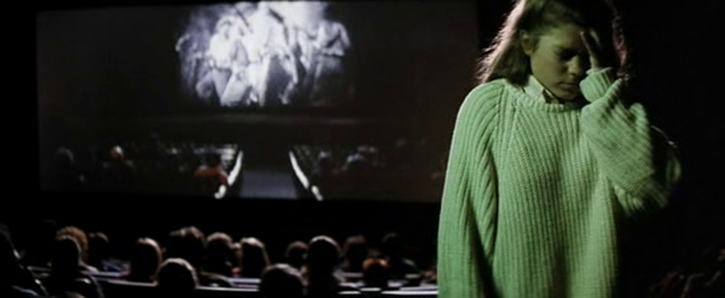
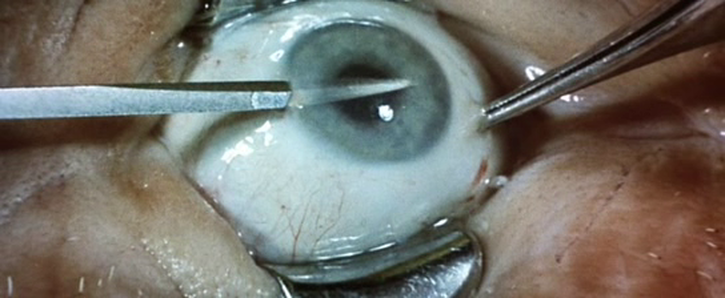
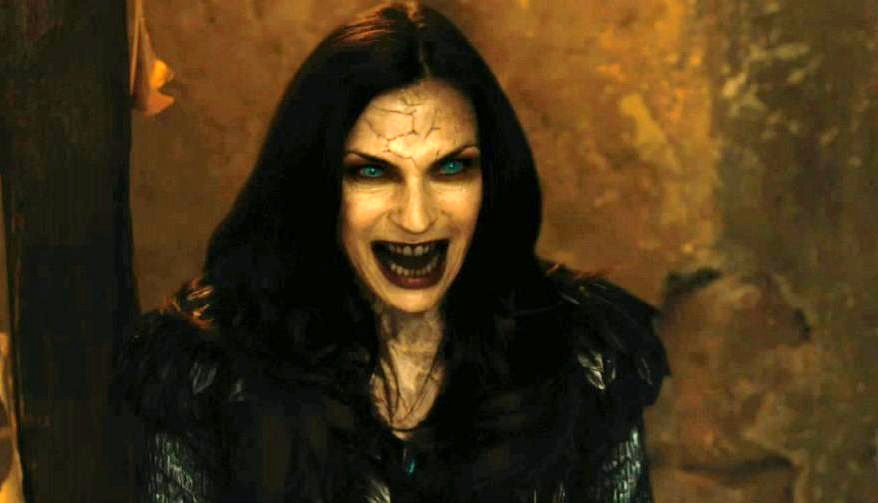
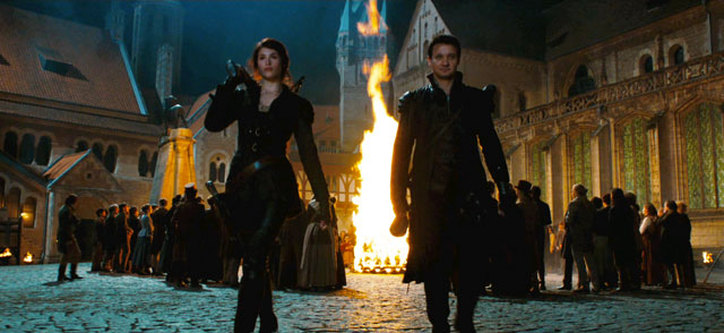
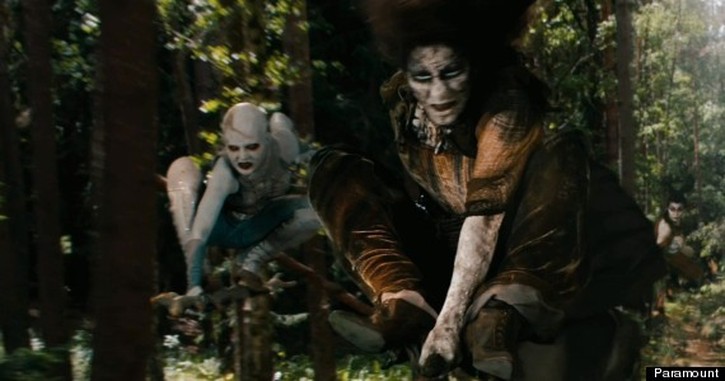
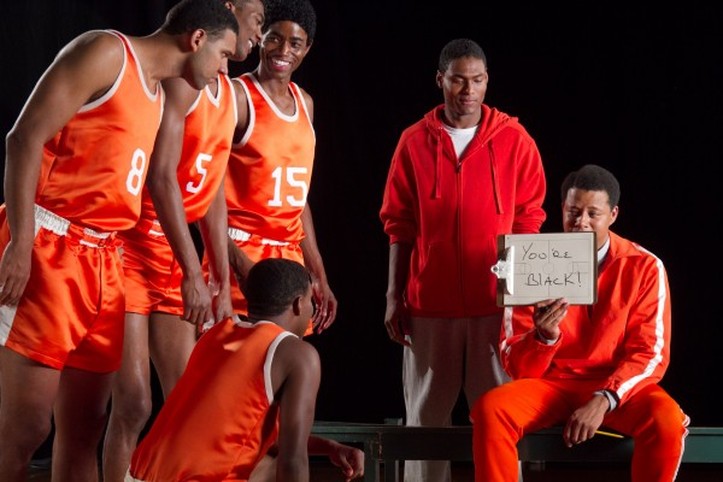
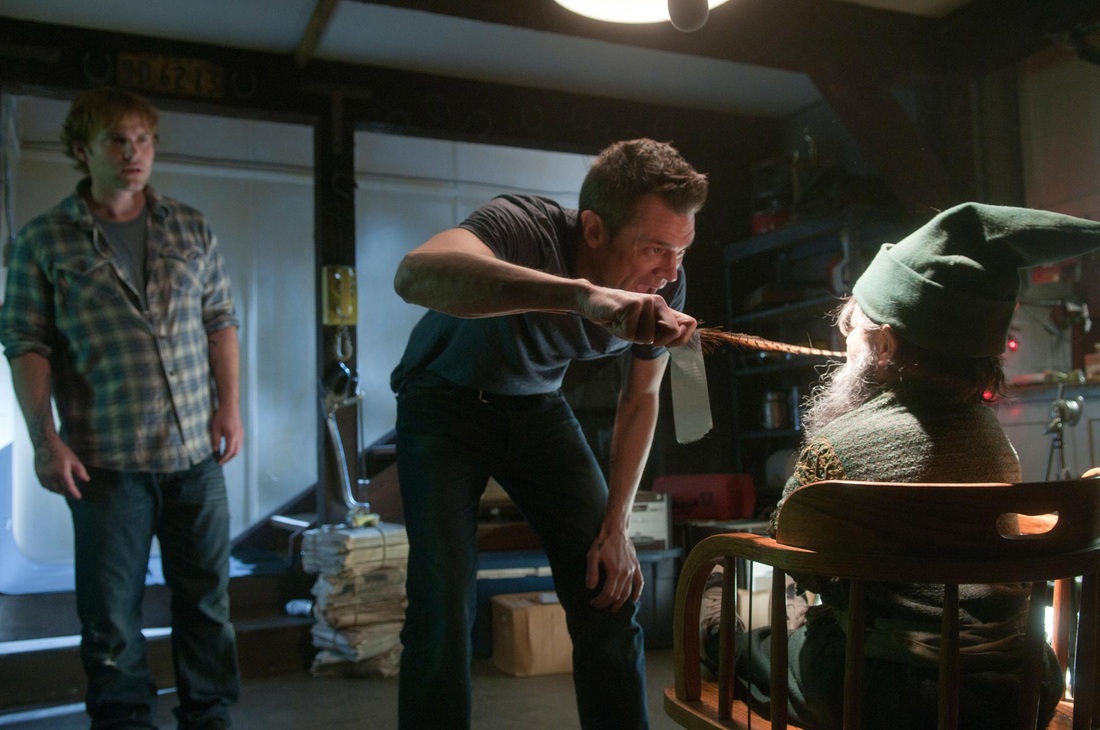
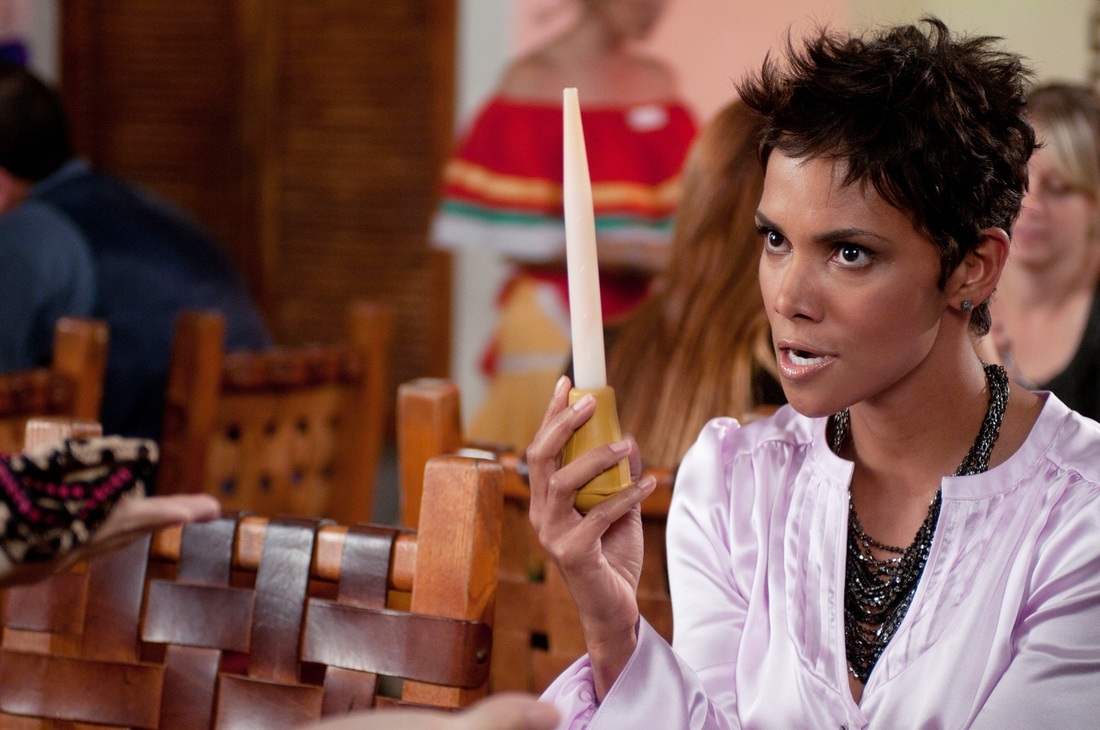
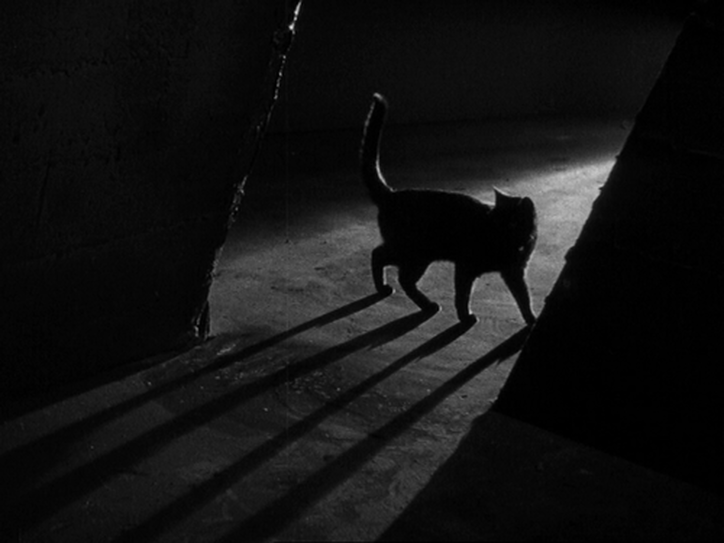
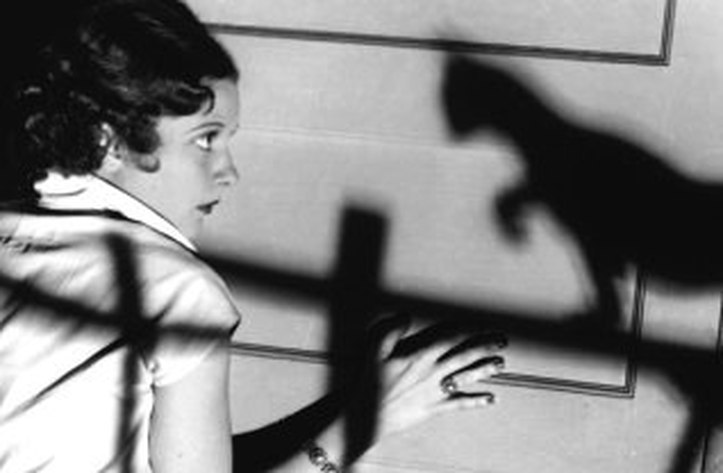
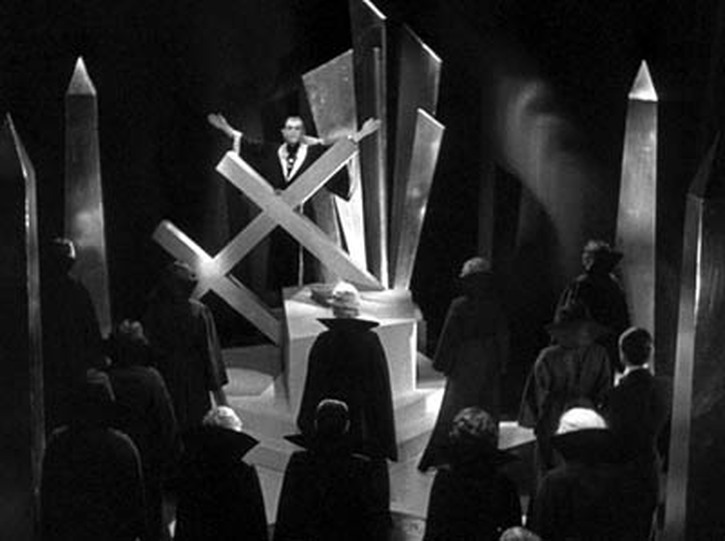
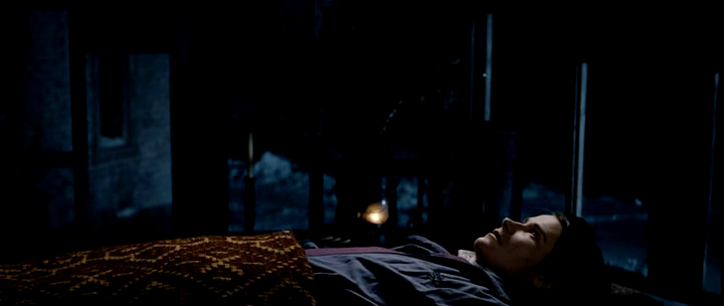
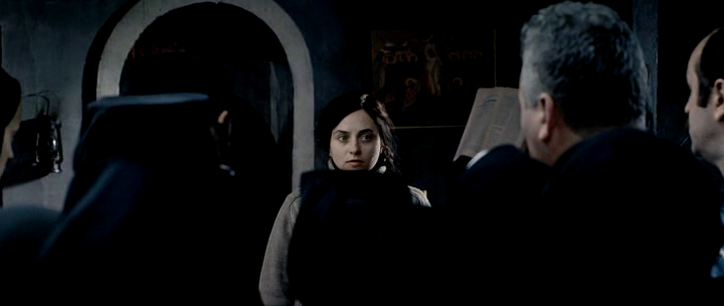
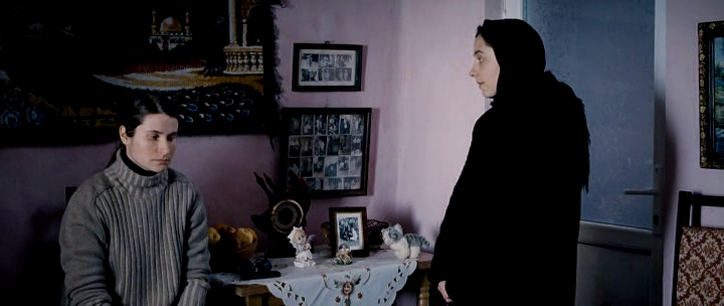
 RSS Feed
RSS Feed
